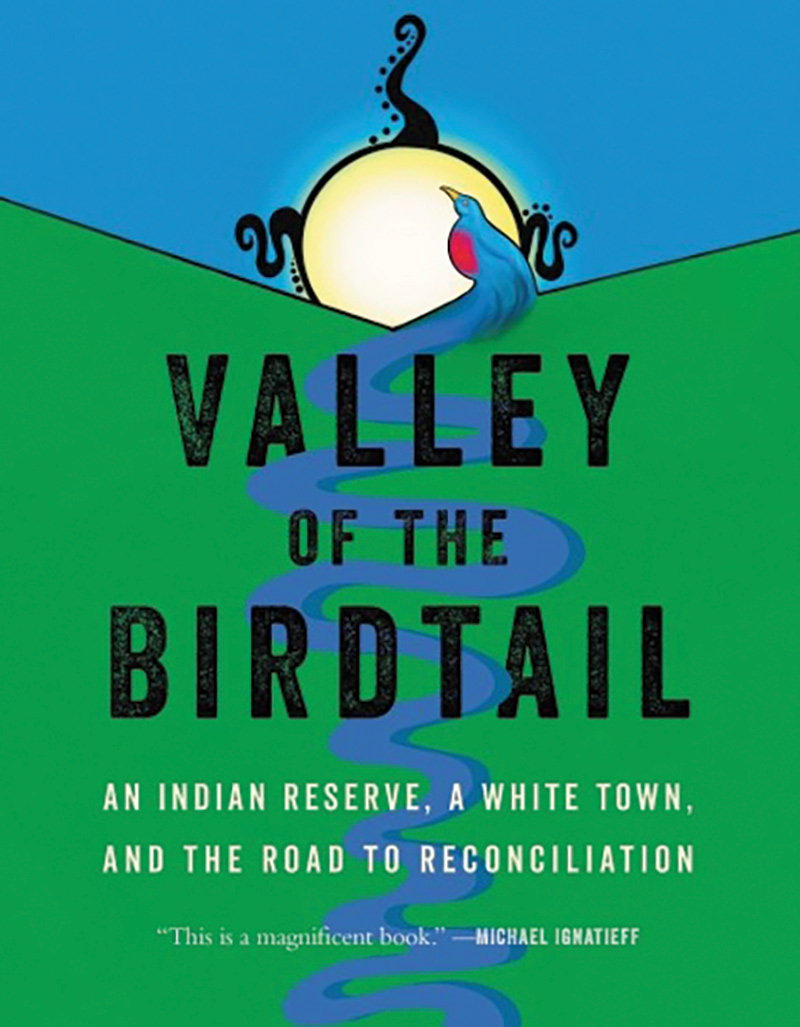Let’s Talk

I expected the worst, of course. I was based at a fancy university in a big city and read all the highbrow newspapers deploring the usual suspects.
My work is about racism in Canada against Indigenous Peoples. It is tempting to give up on those who seem stuck in their thinking — we change our minds with difficulty, our biases and opinions so often calcifying over time.
But I refuse to let go of the possibility of people changing, or at least the importance of attempting to persuade others who have totally different views than my own.
In the end, I came to see the mayor less as a racist than as someone who was intimately familiar with one side of the story. He had a perfectly coherent and understandable view of the world, which was far more interesting than the caricature I had carried in my own mind. Which isn’t to say I agreed with him about much, simply that he made sense in a way I hadn’t expected. He believed in grand ideals of equality and fairness, too, but he understood them in different ways.
My book relates the mayor’s views in the most generous possible light, and then responds point by point, in an effort to persuade the reader otherwise. (As it happened, I found great inspiration in an empathetic book about rural conservative republicans in Louisiana by Arlie Hochschild ’62, Strangers in our Own Land.)
Shortly before official publication, I sent a copy of my book to the mayor as a courtesy, and we had a long phone conversation about it once he had a chance to read it. He said he appreciated that I had made an effort to be fair to him, but he completely disagreed with my conclusions. So it goes. (He has been voted out of office, in favor of a mayor and city council more committed to reconciling with their Indigenous neighbors.)
Recently, a group of high school students in the town read the whole book for their English class. For the local (white) students, their favorite chapter was the one about the mayor — many said it had actually changed their minds, and forced them to revisit their assumptions about the Indigenous community down the road. Success!
I can only hope that we continue to talk to those who hold different viewpoints. Democracy itself probably hinges on such uncomfortable discussions, in the looming 2024 election and beyond. It is not enough to simply be right about something. We must also seek to persuade those who disagree with us.
To be persuasive requires listening, empathy, and patience. And whether or not we succeed, the effort of engagement is perhaps the best way to enlarge our own perspectives.